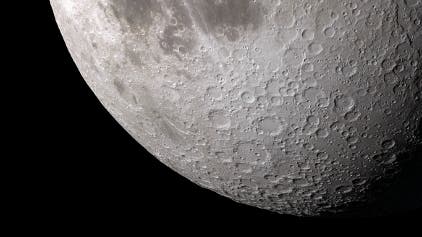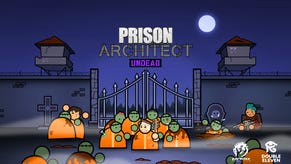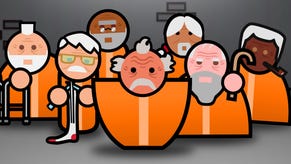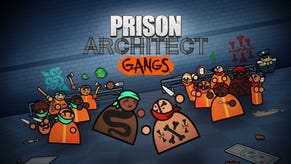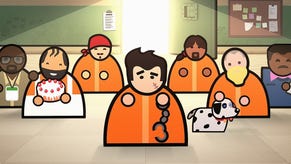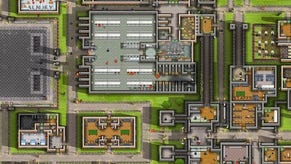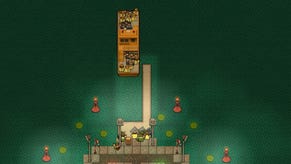Introversion's new game Order of Magnitude is sociology in space
Lunar love: good.
Prison Architect studio Introversion has unveiled a new game called Order of Magnitude, and I played it at EGX Rezzed today.
It's a space colonisation game set as Earth becomes uninhabitable and humankind is forced to make a go of it on the moon. To begin with this involves building structures focused on basic survival: shelters, algae farms (for food), and oxygen harvesters for air. But the longer you survive, as with all games of this kind, the more advanced you become, and soon you will be recycling your waste into water (yuck) and fertiliser and growing potatoes from it. Do you want to come over for dinner?
There are different minerals to target and mine, and different scientific procedures to employ - Introversion hasn't shirked on the science.
We're squarely in Prison Architect simulation territory here, which is good news, as Introversion's Chris Delay, chief designer, has an incredible talent for them, for their systems - and already there are many systems overlapping here. The plan is also to release Order of Magnitude like Prison Architect, in incremental playable alpha builds.
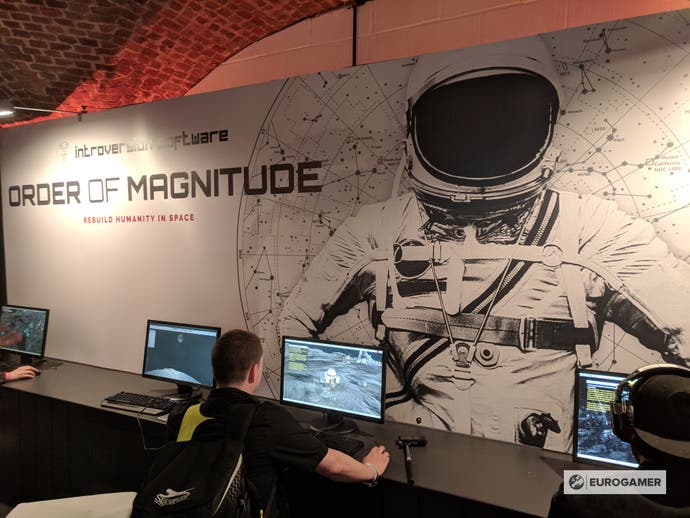
But Order of Magnitude differs from Prison Architect both in look - it presents a very believable rutted moon and solar system flying around it, although placeholder characters and robots are cartoony - and scope. Where as Prison Architect concentrated on the individual, Order of Magnitude focuses on the group, the colony. Prison Architect did psychology, if you like, whereas Order of Magnitude will do sociology. You could say it is an order of magnitude zoomed out.
Introversion tells me this will be more apparent when you see the bigger picture in play, which is multiple colonies interacting with each other. Once colonies become advanced they can build rockets to fly away and colonise elsewhere, but will they all end up cooperating and working together?
Another thing you can't pick up on now is colony happiness and the detrimental effect living in space can have. This goes as deep as the moon having a low gravitational pull, which means barely clinging onto an atmosphere, which means barely blocking radiation. It's this radiation that will, over time, sink into your colonists and begin to cause big problems, Introversion's Chris Delay explains to me.
You'll also have to encourage, or enforce, things like procreation to ensure the ultimate survival of your species, all while tending to the more rank and file aspects of resource management.
Right now it's the rank and file aspects on display in Order of Magnitude, with the hint of something deeper underneath. How much deeper I don't know yet, but if Prison Architect is the measuring stick to go by, it could be very deep indeed.
